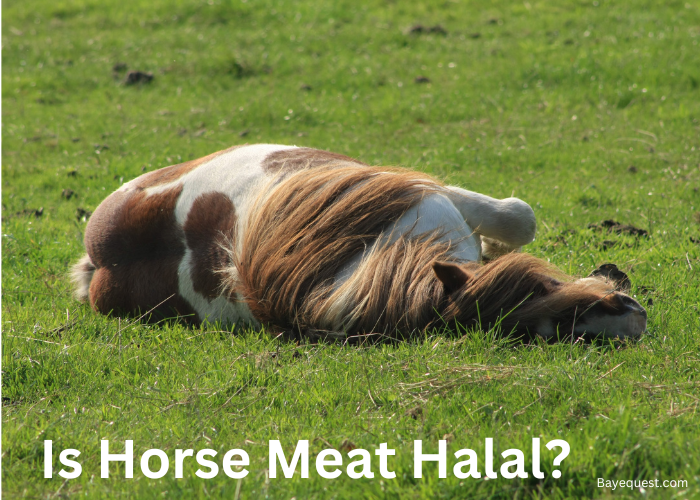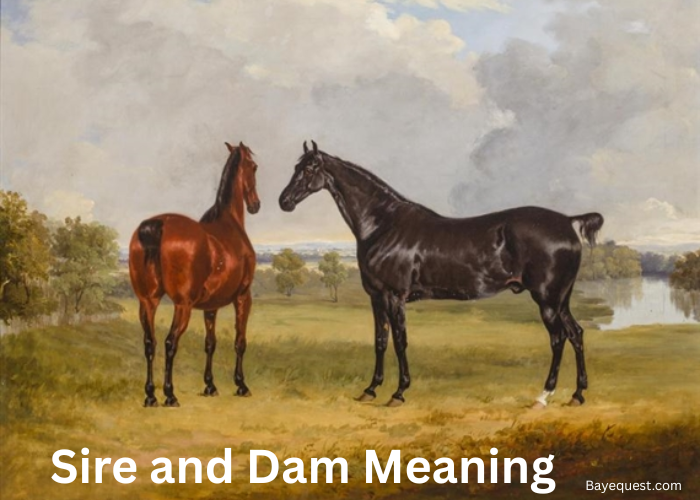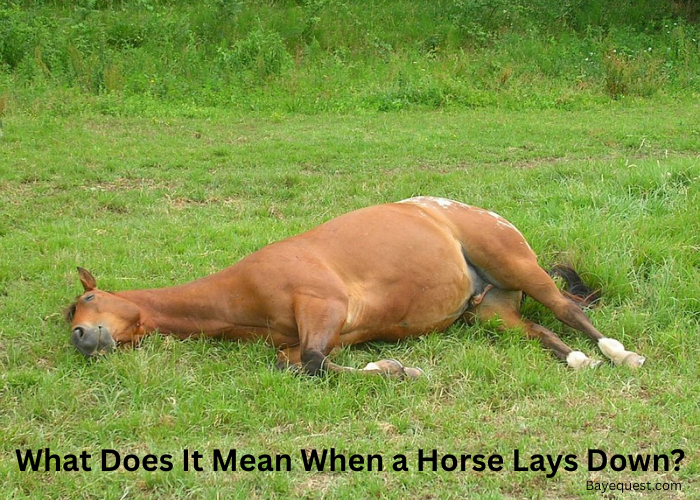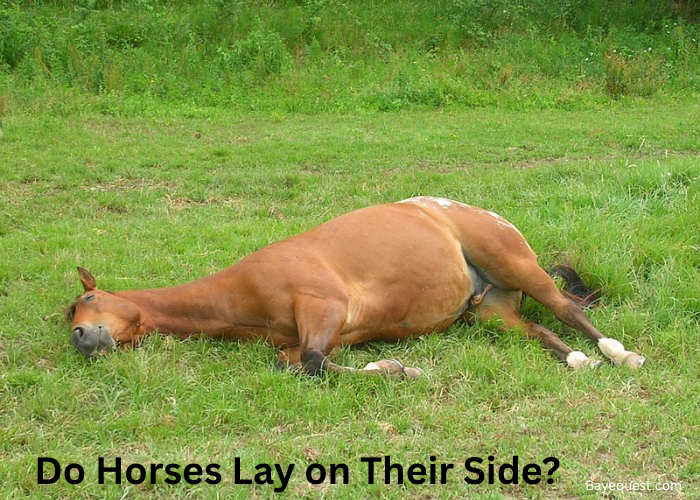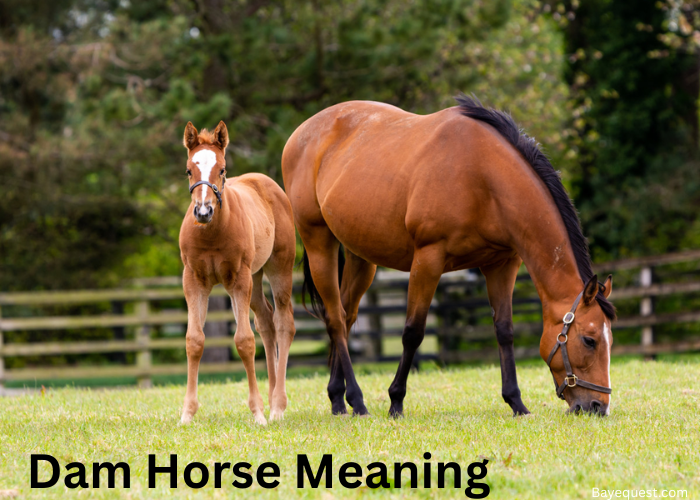Is it okay for Muslims to eat horse meat? This question pops up more often than you’d think, and the answer might surprise you.
Some people are quick to say it’s haram. Others insist it’s perfectly fine.
But what does Islamic law actually say? And does culture have anything to do with all the confusion?
In this blog, we’re digging into religious rulings, common myths, and the real reason horse meat sparks debate.
Short answer? It’s not just about the meat. It’s about faith, facts, and a touch of emotion.
Is Horse Meat Halal? Key Takeaway
Horse meat is considered halal in Islam if the animal is healthy and slaughtered in a proper manner. Most scholars allow it, though some consider it disliked. It is not haram. Cultural views may differ, but from a religious perspective, eating horse meat is generally permitted.
What is Halal?
In simple terms, halal means “permissible” or “lawful” in Arabic. When it comes to food, it refers to what Muslims are allowed to eat under Islamic law (Shariah).
It’s not just about the type of food, but also how it’s prepared, processed, and handled.
For meat to be halal, the animal must be healthy at the time of slaughter, and it must be killed in a specific way called zabiha.
This includes invoking the name of Allah (God) before the cut, using a sharp blade, and ensuring the animal feels minimal pain.
Anything not halal is called haram, meaning forbidden. Examples include pork, alcohol, and meat from animals not slaughtered properly.
So, halal isn’t just a label. It’s a lifestyle choice guided by faith, ethics, and cleanliness.
What Do Islamic Scholars Say About Horse Meat?
Islamic scholars have discussed the question of horse meat for centuries. Most agree that eating horse meat is halal.
This view is supported by several Hadiths, which are records of the Prophet Muhammad’s sayings and actions.
One well-known Hadith says the Prophet and his companions ate horse meat during battle. This is a strong sign that it’s not forbidden.
Scholars from the Shafi’i, Maliki, and Hanbali schools of thought consider it completely permissible.
However, scholars from the Hanafi school have a different view. They consider eating horse meat makruh, which means disliked but not sinful.
They believe horses should be respected for their role in transport and war, not eaten. But even they agree it’s not haram.
The difference in opinion stems from how each school interprets the Hadith and the role of horses in society.
In short, horse meat is not forbidden in Islam. Most scholars say it’s halal. A few discourage it, but don’t ban it.
The key is whether the animal is slaughtered properly according to Islamic rules. If it is, then eating it is allowed.
The Law of Eating Horse Meat
Laws regarding the consumption of horse meat vary widely from country to country. In some places, it’s completely legal and even considered a delicacy.
In others, it’s banned or carries a strong cultural stigma.
Countries such as France, Japan, Kazakhstan, and parts of Central Asia have a long history of consuming horse meat. It’s sold in markets, served in restaurants, and enjoyed without much controversy.
In contrast, countries like the United States and the United Kingdom generally avoid it.
While it’s not always illegal to eat horse meat, slaughtering horses for food is often banned or tightly restricted. Cultural views play a big role. Horses are seen more as pets or companions than food.
In Canada and Mexico, horse meat is legal and exported to other countries. But even there, it’s not very popular locally.
So, globally, horse meat falls into a gray area. It’s legal in many places, illegal in others, and controversial almost everywhere.
Whether served on a plate or not depends more on culture and local laws than on the animal itself.
Conditions That Must Be Met for Horse Meat to Be Halal
For horse meat to be considered halal, it must meet specific Islamic rules. It’s not just about the type of animal, but also how it is handled and slaughtered. Here are the main conditions:
1. The animal must be halal by nature
Horses are not forbidden animals in Islam. So they are allowed, as long as everything else is done correctly.
2. Proper Islamic slaughter (Zabiha)
The horse must be slaughtered by a sane adult Muslim who understands the method. A sharp knife is used to quickly cut the throat, windpipe, and blood vessels without cutting the spinal cord.
3. The name of Allah must be mentioned
The person slaughtering the animal must say “Bismillah” (In the name of Allah) before the cut. This is a crucial step in making the meat halal.
4. The animal must be alive and healthy at the time of slaughter
It should not be sick, dead, or injured before the slaughter. It must be in good health when the process begins.
5. Clean handling and processing
The meat should not come into contact with haram (forbidden) substances like pork or alcohol.
Cultural Acceptance of Horse Meat in Muslim Countries
Even though horse meat is generally halal, it’s not widely eaten in many Muslim countries. Why? The answer often lies in culture, not religion.
In countries like Kazakhstan, Uzbekistan, and Kyrgyzstan, horse meat is a traditional part of the diet.
It’s respected, served during celebrations, and seen as a symbol of heritage. Dishes like beshbarmak and kazy are made with horse meat and enjoyed openly.
But in places like Saudi Arabia, Egypt, and Pakistan, eating horse meat is rare and sometimes frowned upon. People may feel uncomfortable with the idea, even if it’s allowed in Islam.
In these cultures, horses are revered as noble animals, used for riding, racing, or work, rather than as a source of food.
This doesn’t mean it’s haram, it just shows how deep-rooted beliefs and traditions shape eating habits. For many, the thought of eating horse is unfamiliar or even unpleasant.
While Islam permits it, cultural acceptance varies by region. What’s normal in one Muslim country might be unthinkable in another.
Ultimately, the decision to eat horse meat often comes down to personal preference and local tradition, rather than religious law.
Is It Common to Eat Horse Meat?
Globally, eating horse meat isn’t very common, and in many places, it’s even taboo.
While it’s legal in some countries and considered a delicacy in others, it’s still far from a popular choice worldwide.
In Central Asian countries such as Kazakhstan, Uzbekistan, and Kyrgyzstan, horse meat is a staple of the local cuisine.
It’s served during special occasions and holds cultural importance. People there grow up eating it, so it feels like a normal part of their diet.
In France, Belgium, Japan, and parts of Italy, horse meat is available in markets and restaurants. Though not mainstream, it has a niche following and is considered tender, lean, and flavorful.
However, in countries such as the United States, the United Kingdom, and Australia, horse meat is rarely consumed.
It’s often avoided due to ethical concerns, emotional attachment to horses, and negative public opinion. Horse slaughter for food is banned in several of these places.
Even in many Muslim-majority countries, horse meat is allowed but not common. Cultural habits, rather than religious rules, often shape food choices.
So, while horse meat is eaten in some parts of the world, it’s far from a global staple. Its consumption depends on tradition, culture, and local laws.
Common Myths About Horse Meat
1. Horse meat is unsafe to eat.
This myth comes from fear, not fact. When sourced and handled properly, horse meat is just as safe as beef or lamb. In some countries, it’s regulated and inspected like any other meat.
2. Eating horse meat is illegal everywhere.
Not true. Horse meat is legal in many countries, including Japan, Kazakhstan, France, Belgium, and parts of Canada and Mexico. In some places, the slaughter is banned, but eating it isn’t.
3. It tastes gross or gamey.
Taste is subjective. Many people describe horse meat as slightly sweet, lean, and tender, like a mix between beef and venison. In cultures where it’s common, it’s considered a delicacy.
4. Only poor countries eat horse meat.
Wrong. Horse meat is enjoyed in affluent nations such as France and Japan. It’s often served in upscale restaurants and is prized for its quality and flavor.
5. Eating horse meat is like eating your pet.
This is cultural, not universal. In Western countries, horses are often seen as pets or companions. But in many cultures, they’re considered livestock, just like cows or goats.
6. Horse meat is full of drugs and chemicals.
This concern usually comes from illegal slaughter or unregulated sources. In licensed facilities with health oversight, horse meat is subject to the same safety standards as other types of meat.
Interesting read: Do Horses Eat Meat?
Is Horse Halal in Islam? FAQs
Is horse meat halal in all countries?
Horse meat is generally halal if the animal is slaughtered according to Islamic rules. However, laws and cultural views differ by country. Some places allow it, others restrict it. While it may be halal, it may not be legal or accepted everywhere.
Why do some Muslims avoid horse meat?
Some Muslims avoid horse meat for cultural reasons, not religious ones. In many communities, horses are regarded as noble or useful animals, rather than being viewed as food. Others follow the Hanafi school of thought, which discourages eating horse meat, though it does not forbid it. The choice is often personal or cultural, rather than based solely on Islamic law.
Is horse meat mentioned in the Quran?
No, horse meat is not mentioned directly in the Quran. However, the Hadiths, which are the sayings of the Prophet Muhammad, mention that horse meat was eaten. These Hadiths support the view that it is halal if prepared properly. Islamic rulings on horse meat primarily derive from these Hadiths, rather than the Quran.
Is Horse Meat Halal or Hiram in Islam? Conclusion
Ultimately, horse meat is halal when slaughtered in accordance with Islamic law. It’s allowed in Islam, though some people choose not to eat it out of respect or tradition.
What matters most is how the animal is treated and handled during its killing. If it follows halal rules, it’s pure to eat.
Always verify the source before purchasing or consuming it.




